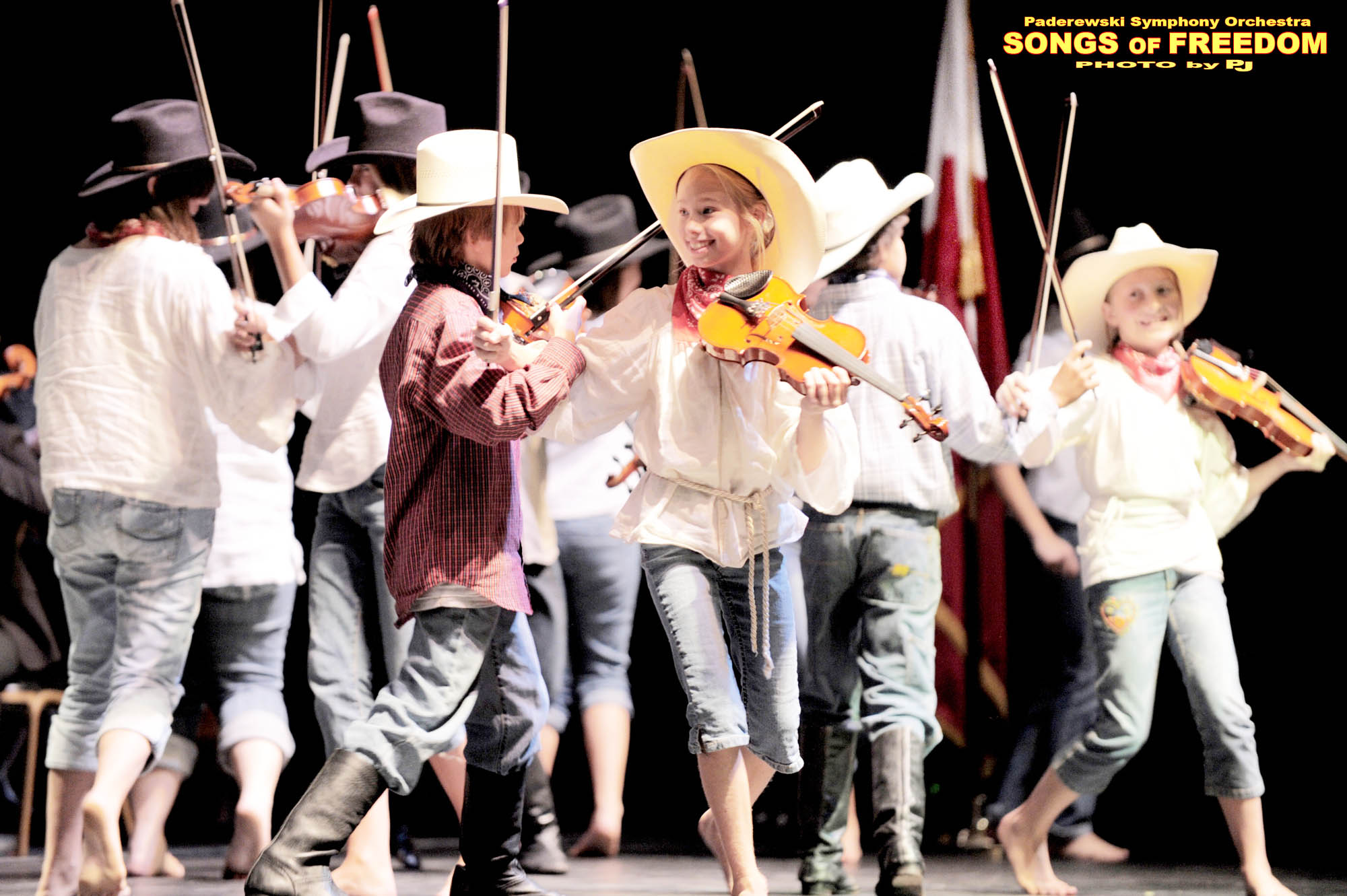Why Music Education?
Facts and Insights and the Benefits of Music Study
“Every student in the nation should have an education in the arts.” This is the opening statement of “The Value and Quality of Arts Education: A Statement of Principles,” a document from the nation’s ten most important educational organizations, including the American Association of School Administrators, the National Education Association, the National Parent Teacher Association, and the National School Boards Association.
The basic statement is unlikely to be challenged by anyone involved in education. In the sometimes harsh reality of limited time and funding for instruction, however, the inclusion of the arts in every student’s education can sometimes be relegated to a distant wish rather than an exciting reality.
It doesn’t have to be that way! All that’s needed is a clear message sent to all those who must make the hard choices involved in running a school or school system. The basic message is that music programs in the schools help our kids and communities in real and substantial ways. You can use the following facts about the benefits of music education, based on a growing body of convincing research, to move decision-makers to make the right choices.
The benefits conveyed by music education can be grouped in four categories:
Success in society
Success In school and learning
Success in developing intelligence
Success in life
When presented with the many and manifest benefits of music education, officials at all levels should universally support a full, balanced, sequential course of music instruction taught by qualified teachers. And every student will have an education in the arts.
- MENC: The National Association for Music Education
Secondary students who participated in band or orchestra reported the lowest lifetime and current use of all substances (alcohol, tobacco, illicit drugs). — Texas Commission on Drug and Alcohol Abuse Report. Reported in Houston Chronicle, January .1998
Nearly 100% of past winners in the prestigious Siemens Westinghouse Competition in Math, Science and Technology (for high school students) play one or more musical instruments. The Midland Chemist (American Chemical Society) Vol. 42, No.1, Feb. 2005
Playing a musical instrument significantly enhances the brainstem’s sensitivity to speech sounds. This relates to encoding skills involved with music and language. Experience with music at a young age can “fine-tune” the brain’s auditory system. — Nature Neuroscience, April2007
Young children who take music lessons show different brain development and improved memory over the course of a year, compared to children who do not receive musical training. The brains of musically trained children respond to music in a different way to those of untrained children, and that the musical training improves their memory. After one year the musically trained children performed better in a memory test that is correlated with general intelligence skills such as literacy, verbal memory, Visio spatial processing, mathematics and IQ. Dr. Laurel Trainor, Prof. of Psychology, Neuroscience, and Behavior at McMaster University, Director of the McMaster Institute for Music and the Mind; Canada; published 9/20/06; httD://www. Sclencedallv.com.
“Casals says music fills him with the wonder of life and the ‘incredible marvel’ of being a human. Ives says it expands his mind and challenges him to be a true individual. Bernstein says it is enriching and ennobling. To me, that sounds like a good cause for making music and the arts an integral part of every child’s education. Studying music and the arts elevates children’s education, expands students’ horizons, and teaches them to appreciate the wonder of life.” — 11.8. Secretary of Education Richard W. Riley, July 1999.
“The life of the arts, far from being an interruption, a distraction, in the life of the nation, is close to the center of a nation’s purpose - and is a test to the quality of a nation’s civilization.” — President John F. Kennedy
“I dream of a day when every child in America will have in his or her hand a musical instrument, be it a clarinet, a drumstick or a guitar. And I dream of a day when there’s no state legislature that would even consider cutting funding for music and the arts because they realize that it’s a life skill that changes the lives of students and gives them not only better academic capability, but it makes them better people. We sometimes forget that many of us in this room, including this guy standing right in front of you, would not be where he is today if not for having music introduced in my life because it gave me the understanding of teamwork, discipline and focus.” -- Mike Huckabee, Former Arkansas Governor; NAMM University Breakfast Sessions 2007, NAMM Playback Magazine, Spring 2007, pg. 36;
“Music has a great power for bringing people together. With so many forces in this world acting to drive wedges between people, it’s important to preserve those things that help us experience our common humanity.” – Ted Turner, Turner Broadcasting System

|







